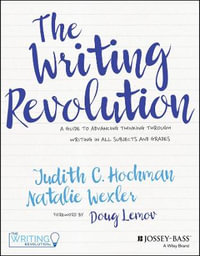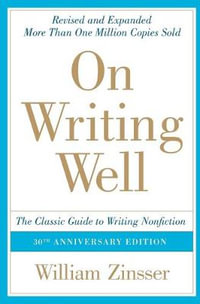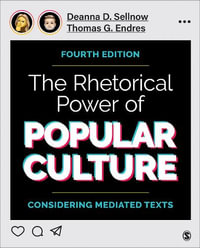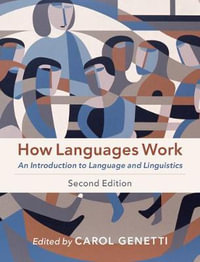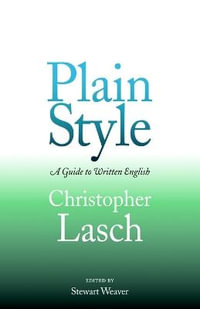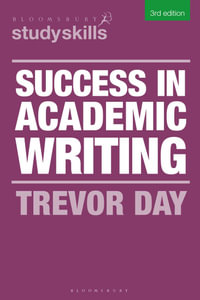
Discourse Analysis as Social Critique
Discursive and Non-Discursive Realities in Critical Social Research
By: Benno Herzog
Paperback | 19 November 2018
At a Glance
Paperback
$69.35
Aims to ship in 7 to 10 business days
ISBN: 9781349849307
ISBN-10: 1349849308
Series: Postdisciplinary Studies in Discourse
Published: 19th November 2018
Format: Paperback
Language: English
Number of Pages: 220
Audience: General Adult
Publisher: Springer Nature B.V.
Country of Publication: GB
Dimensions (cm): 21.01 x 14.81 x 1.17
Weight (kg): 0.27
Shipping
| Standard Shipping | Express Shipping | |
|---|---|---|
| Metro postcodes: | $9.99 | $14.95 |
| Regional postcodes: | $9.99 | $14.95 |
| Rural postcodes: | $9.99 | $14.95 |
How to return your order
At Booktopia, we offer hassle-free returns in accordance with our returns policy. If you wish to return an item, please get in touch with Booktopia Customer Care.
Additional postage charges may be applicable.
Defective items
If there is a problem with any of the items received for your order then the Booktopia Customer Care team is ready to assist you.
For more info please visit our Help Centre.

